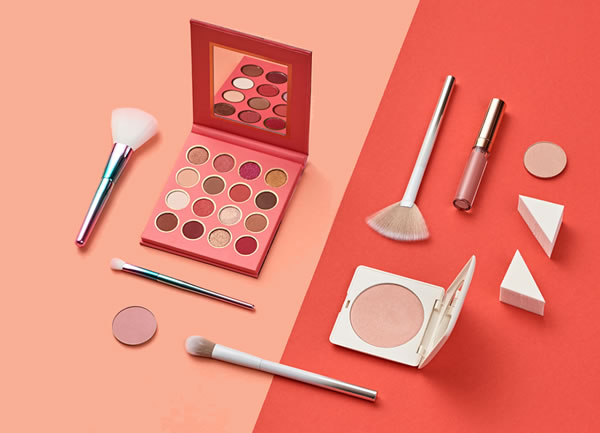Triclosan is an ingredient approved for use in cosmetic and toiletry products because of its excellent antibacterial qualities.
Its use in cosmetics has declined in recent years, but it is a safe and effective ingredient which has been proven to help enhance oral hygiene if it is used in toothpastes and mouthwashes, and personal hygiene if it is used in soaps, hand washing liquids and deodorants. It can effectively inhibit the growth of bacteria, helping prevent the spread of germs, reducing the risk of infections, maintaining the oral cavity in good condition and controlling body odour.
Safety
A full safety file has been assessed by the independent expert committee of the European Commission (the Scientific Committee for Consumer Safety, SCCS). The SCCS has issued two separate opinions supporting the use of Triclosan as a safe and effective ingredient in cosmetic products as follows: up to 0.3% in toothpastes, hand and body soaps, shower gels, deodorants, face powders, blemish concealers and nail cleansers; and up to 0.2% in mouthwashes.
Triclosan has been studied more extensively than many other substances, natural or man-made, in use today. Those studies cover the safety of Triclosan to man (including any possible risk of harm to babies and infants both before, i.e. during pregnancy, and after, i.e. when breastfeeding, birth), animals and the environment, including questions about the risk of antimicrobial resistance.
In the past, however, scientific research into Triclosan has been taken out of context, which has put its safe use into question. One such experiment artificially created a situation (not replicated in normal consumer use) where large quantities of Triclosan and chlorine were combined and found to react together to create small amounts of chloroform. From this it was suggested that the chlorine in tap water might react with Triclosan to produce chloroform. However chemical experts have commented this type of scenario can be ruled out, and there is no risk to human health.
USA
You may have read about action by the US Food & Drug Administration (FDA) in September 2016. The FDA issued a final rule stating that over-the-counter (OTC) consumer antiseptic wash products containing certain active ingredients, including Triclosan, could no longer be marketed in the US. The FDA claims that manufacturers did not demonstrate these ingredients as safe for long-term daily use or as more effective than plain soap and water. Companies will no longer be able to market antibacterial washes containing the newly banned ingredients.
It is important to remember that the regulations in the US are very different from the EU for antibacterial soaps, as in the US they are classed as OTC (Over the Counter) medicines. The standard of proof in support of efficacy is also different. For an OTC medicinal soap containing antibacterial agents the company must demonstrate that the product with the relevant antibacterial agent is significantly more effective than soap and water alone. According to the FDA, the manufacturers have not done this to their satisfaction which has resulted in the proposal to ban their sale in the US.
Within the UK, a product containing an antibacterial agent must be proven to be effective against bacteria to make an antibacterial claim. In order to do this, manufacturers of these types of product substantiate their claims by using standard test methods that look at microbial contamination and the 'kill rate' by the antibacterial hand wash being tested. Therefore robust, standardised methods are used to support their claims.
Was this page helpful
Thank you for your feedback!





















